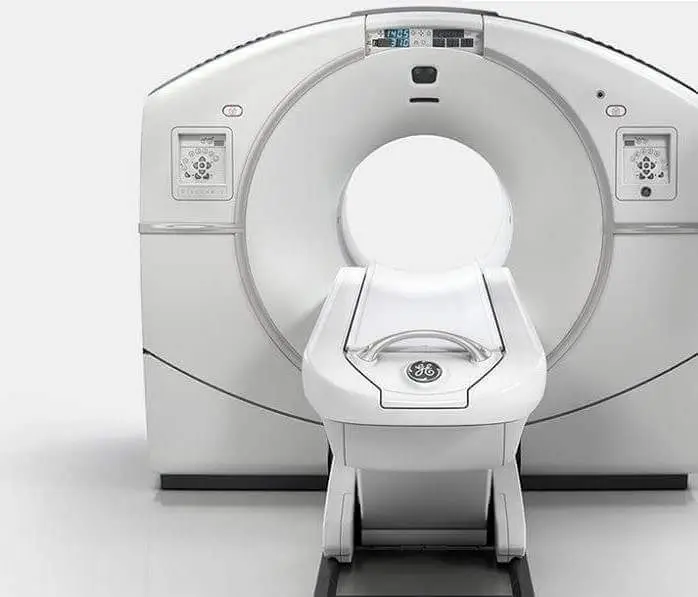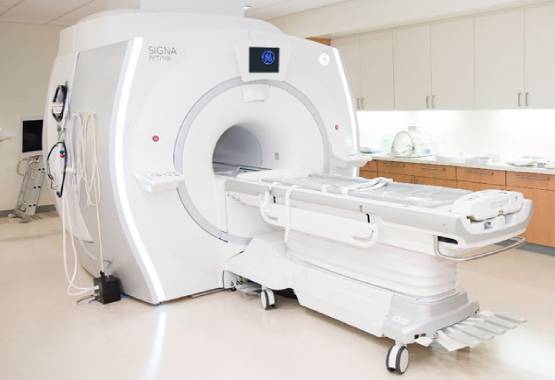Best Diagnostic Center in Chandigarh for All Medical Imaging Needs
As the leading diagnostic imaging center in Chandigarh, we provide comprehensive radiology services including MRI, CT Scan, PET-CT, Ultrasound, X-ray, Echocardiography, ECG, and EEG. Our state-of-the-art facilities are equipped with the latest diagnostic technology to deliver accurate results for patients across Chandigarh, Mohali, and Panchkula.
Why Choose Our Diagnostic Services in Chandigarh?
- Advanced technology with 1.5T and 3.0T MRI scanners
- Most affordable rates for all diagnostic tests in Chandigarh Tricity
- Same-day reporting by specialized radiologists
- Conveniently located centers across Chandigarh
- Complimentary pick and drop services for patients
- Open 7 days a week including holidays
Visit our centers in Sector 34, Sector 22, or Sector 17 Chandigarh for the best diagnostic experience. Book your appointment today for high-quality, affordable diagnostic services in Chandigarh.
Can An MRI Reveal If Someone Has Had Seizures?
When it comes to diagnosing seizures and other neurological conditions, medical imaging such as MRI can be extremely useful. In this blog article, we will explore if MRI scans can reliably detect seizure activity in patients and how doctors are employing the technology for diagnosis. Read on to find out more about this exciting new development in neurological imaging!
What is a Seizure?
A seizure is a sudden, uncontrolled electrical disturbance in the brain. Seizures can cause a wide range of symptoms, from simple staring spells to severe convulsions and loss of consciousness. They are generally caused by abnormal electrical activity in the brain.
Epilepsy is a disorder in which seizures occur more than once. Epilepsy affects about 3 million people in the United States. About 1 in 10 people will have at least one seizure during their lifetime.
What Can MRI Reveal About Seizures?
Magnetic resonance imaging (MRI) can provide important information about the location and severity of seizure activity in the brain. MRI can also be helpful in predicting the likelihood of future seizures and in determining the best treatment options.
How Are Seizures Detected by MRI?
It is not always possible to detect seizures by MRI. In some cases, people who have had seizures may show abnormalities on their MRI that were not present before the seizure occurred. However, these abnormalities can also be caused by other conditions, so they are not conclusive evidence of a seizure.
In other cases, people who have had seizures may not show any abnormalities on their MRI. This does not mean that the person did not have a seizure, but it may make it more difficult to diagnose the condition.
Diagnosing Types Of Seizures With MRI
Yes, an MRI can reveal if someone has had seizures. The most common type of seizure is called a focal seizure, which occurs when there is abnormality in one part of the brain. Focal seizures can be diagnosed with an MRI by looking for an area of abnormal brain activity.
The Pros and Cons of an MRI Scan For Detecting Seizures
An MRI scan is a medical test that uses magnetic fields and radio waves to produce images of the inside of the body. An MRI can be used to detect seizures by looking for changes in brain activity.
The advantages of using an MRI scan to detect seizures include:
- MRI is more sensitive than other imaging modalities such as CT or PET in detecting seizure activity.
- MRI does not expose the patient to ionizing radiation.
- MRI can provide detailed images of the brain that can help identify the cause of seizures.
The disadvantages of using an MRI scan to detect seizures include:
- MRI is expensive and may not be covered by insurance.
- MRI requires special equipment and trained personnel, which may not be available at all hospitals.
Alternatives To An MRI Scan
If you’re worried about whether or not you or a loved one has had a seizure, your doctor may recommend an MRI scan. However, there are other ways to diagnose seizures without resorting to this type of imaging.
One alternative is to keep a seizure diary. This involves recording any potential seizure activity, including times, symptoms, and triggers. Once you have enough information in your diary, your doctor can begin to piece together whether or not seizures are occurring.
Another avenue for diagnosis is through EEG testing. This test looks at electrical activity in the brain and can be used to diagnose seizures. However, it’s important to note that EEGs can sometimes produce false-positive results, so they need to be interpreted carefully by a trained professional.
If you’re concerned about having a seizure, talk to your doctor about all of your options for diagnosis.
Conclusion
In conclusion, Magnetic Resonance Imaging (MRI) can be a useful tool in diagnosing seizure episodes by providing detailed images of the brain’s structure. It can provide insights into whether someone has had seizures or not and of what type they are, along with other potential issues that may have caused them. Alongside careful observation and anamnesis, MRI scanning remains an important part of the diagnosis for seizure disorder cases.
You can call us for More Information, at 8699572364
Follow us on Social Pages: mrichandigarh
Instagram: Mri Chandigarh
Mail us at [email protected]
Tweet: Mri Chandigarh
Linked In: Mri Chandigarh






